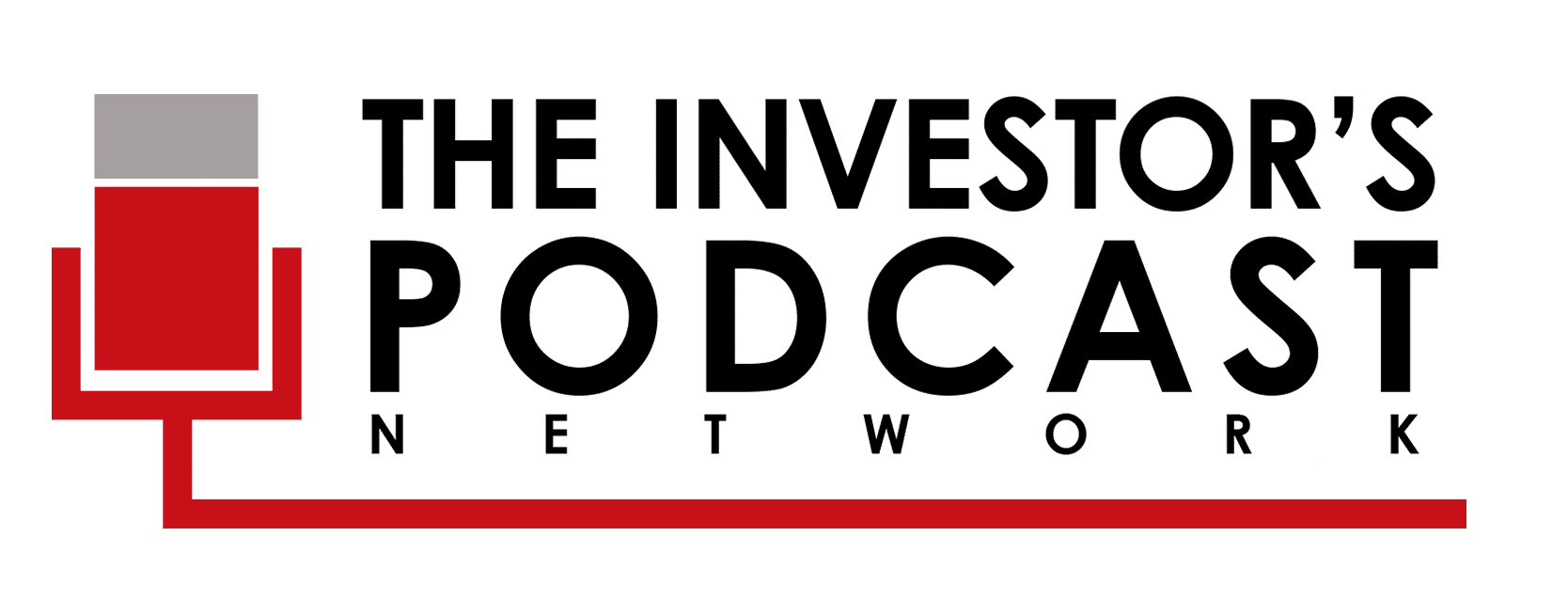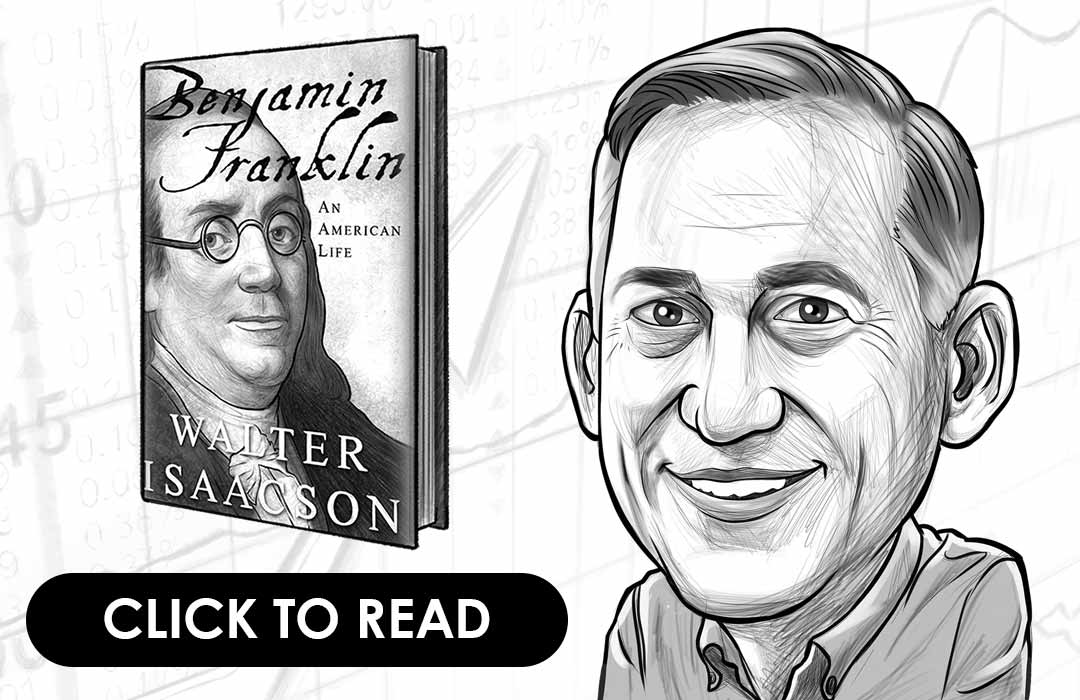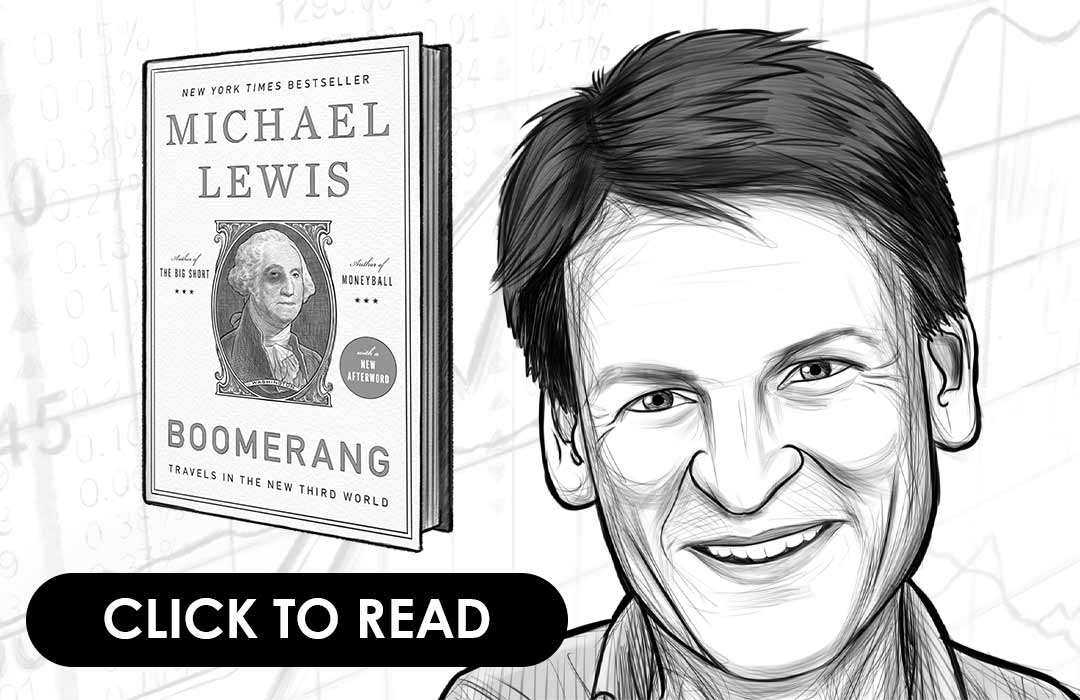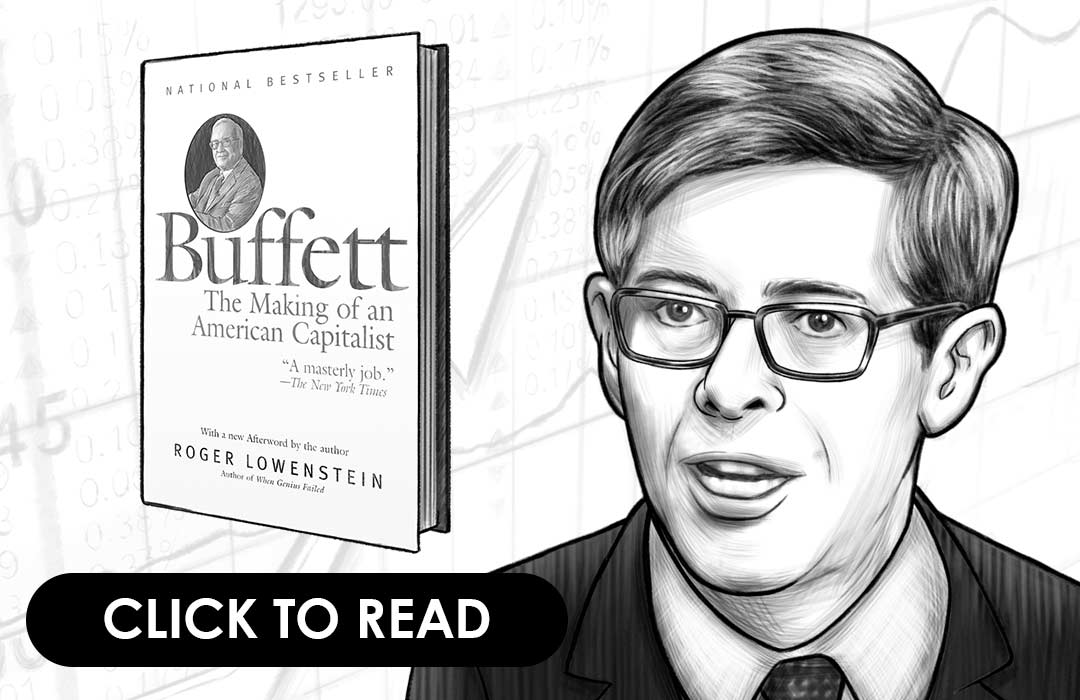An Executive Summary of The Way to Wealth
By Benjamin Franklin
INTRODUCTION
Dating back to 1758, this essay from the great Benjamin Franklin is perhaps America’s first book on personal finance. The wisdom and lessons serve as timeless principles for us all to consider today. In this summary, we break down the best takeaways for you from this historic writing.
On top of being a founding father of the United States, a great inventor, diplomat, philosopher, and otherwise famous historical icon, did you know that Benjamin Franklin was also a great investor?
Given his other life accomplishments, this should come as no surprise, but it still remains quite impressive. It’s actually thought that Franklin wrote the very first personal finance book in American history.
So does his wisdom bear any relevance to our financial lives today?
Understand the financial markets
in just a few minutes.
Get the daily email that makes understanding the financial markets
easy and enjoyable, for free.
OVERVIEW
Franklin’s writing here dates back to 1758, and it stems from a collection of proverbs and insights from his famous Poor Richard’s Almanac.
The book is really targeted at taking control of your personal finances with a strict emphasis on personal responsibility.
For example, while he writes that government taxes are a great burden, he argues that even greater tax comes from the faults in our actions. Laziness, arrogance, and ego will prove far more costly to our prosperity than most taxes.
This emphasis on individualism certainly captures the pre-revolutionary war spirit in the states, while also growing out of the relatively weak yet burgeoning social structures.
Success and survival were largely contingent upon one’s own willpower and savviness. While we live in less dire times with considerable modern luxuries and social safety nets, the essential message remains the same. We must take responsibility for our life’s outcomes.
PERSONAL LIFE
In Franklin’s own life, he was the tenth son of seventeen children and only received two years of formal education. Yet, he spent many hours each day self-educating himself while working. His publishing ultimately brought him tremendous wealth alongside his scientific discoveries and inventions.
In many regards, he’s a folk hero who embodies America’s entrepreneurial spirit. In his writings, he often used aliases, metaphors, humor, and other unassuming tactics to address a broad audience at the time.
Interestingly enough, Franklin became a hit writer at just 16 years old by secretly submitting essays to a New England newspaper where he assumed the perspective of a fictitious widow. By 42 years old, he was rich enough to retire and become a quote “gentleman of leisure” which enabled him to spend the remaining 42 years of his life studying, reading, and writing deeply.
PRINCIPLES
Moving into his life principles, Franklin tells us that time is money. In this sense, we ought to work hard and never procrastinate, since time is our most valuable and finite resource.
He says “Going to bed early and waking up early makes us healthy, wealthy, and wise.”
Basically, free time is a luxury earned only by those who can manage their time productively. Overthinking small decisions or pushing off responsibilities until tomorrow will only compound our life’s obstacles, so do your future self a favor, and hustle today.
Building on this, Franklin took a decisive view on debt. By going into debt, you’re borrowing from your future self today, as any liabilities you accrue now will come at the expense of future time and spending while you work to pay down the loan’s principal and interest.
To avoid debt, Franklin implores readers to save vigorously and as much as possible. Working hard is pointless if you’re unable to set aside and save the fruits of your labor.
This sort of extreme frugality really isn’t that common in today’s hyper-consumer-oriented economy, but there’s certainly something to be said of a strict commitment to saving your money.
Since time is money, by saving money, you’re really showing the ultimate respect for your time by valuing it diligently.
MONEY
Franklin explains further that to go into debt is to give up your freedom, power, and autonomy. While the thrills of elegant purchases today bring temporary pleasure, these sacrifice your future well-being, especially when made on credit.
If you cannot meet your obligations, you can be forced into bankruptcy, and have your possessions seized. This is why he believes excessive debt destroys personal freedom because creditors can establish legal claims on your belongings that yield you at their mercy, particularly with respect to the value of your time that’s necessary for working towards paying down debts.
Wealth, as discussed by Franklin, really doesn’t have the same meaning as we associate with it today. It really speaks more to personal independence, security, and upholding a socially respectable presence. Despite this, some see the book as inspiration for the American Dream broadly, given its impactful nature over time and messages surrounding how frugality and hard work can enable you to get ahead.
Understand the financial markets
in just a few minutes.
Get the daily email that makes understanding the financial markets
easy and enjoyable, for free.
TAKEAWAYS
Humorously, the writing addresses the reality that while we should all embrace moral and frugal habits, this will be quite difficult for most to attain.
The lessons are sort of religious in nature by advocating for constant improvement towards meeting idealistic aims. That said, it’s deeply interesting to read the short book and consider how readers at the time faced many of the same existential challenges between balancing today’s needs and desires with the hopes of a better tomorrow.
We will always face vices, but through following Franklin’s example and writings, discipline and self-control become the primary emphasis of our pursuits.
While our society has changed dramatically since Franklin last walked the earth, we should see his words less as specific financial advice, and more as guidelines for a good life defined by cherished personal liberties and a strong ethical backbone.







